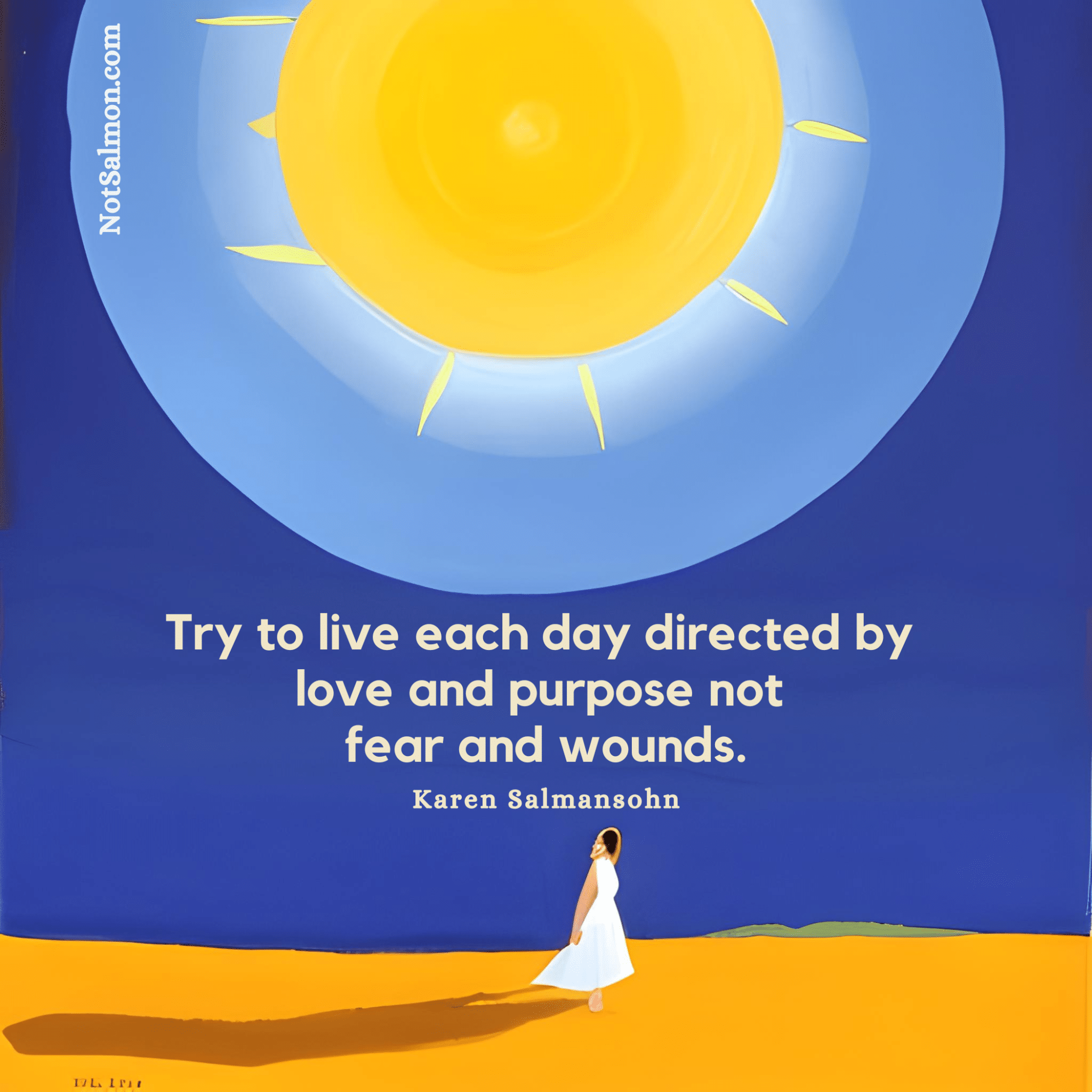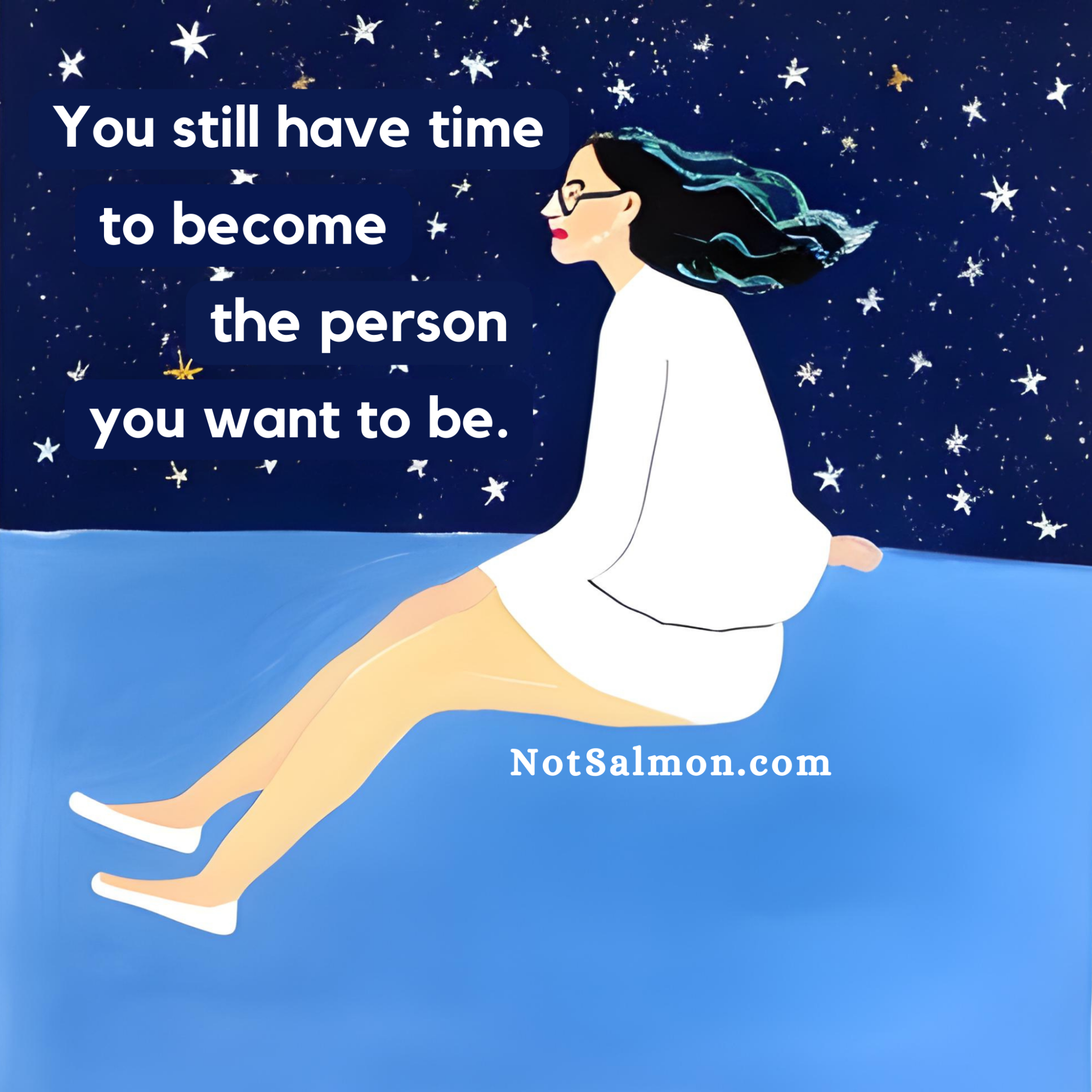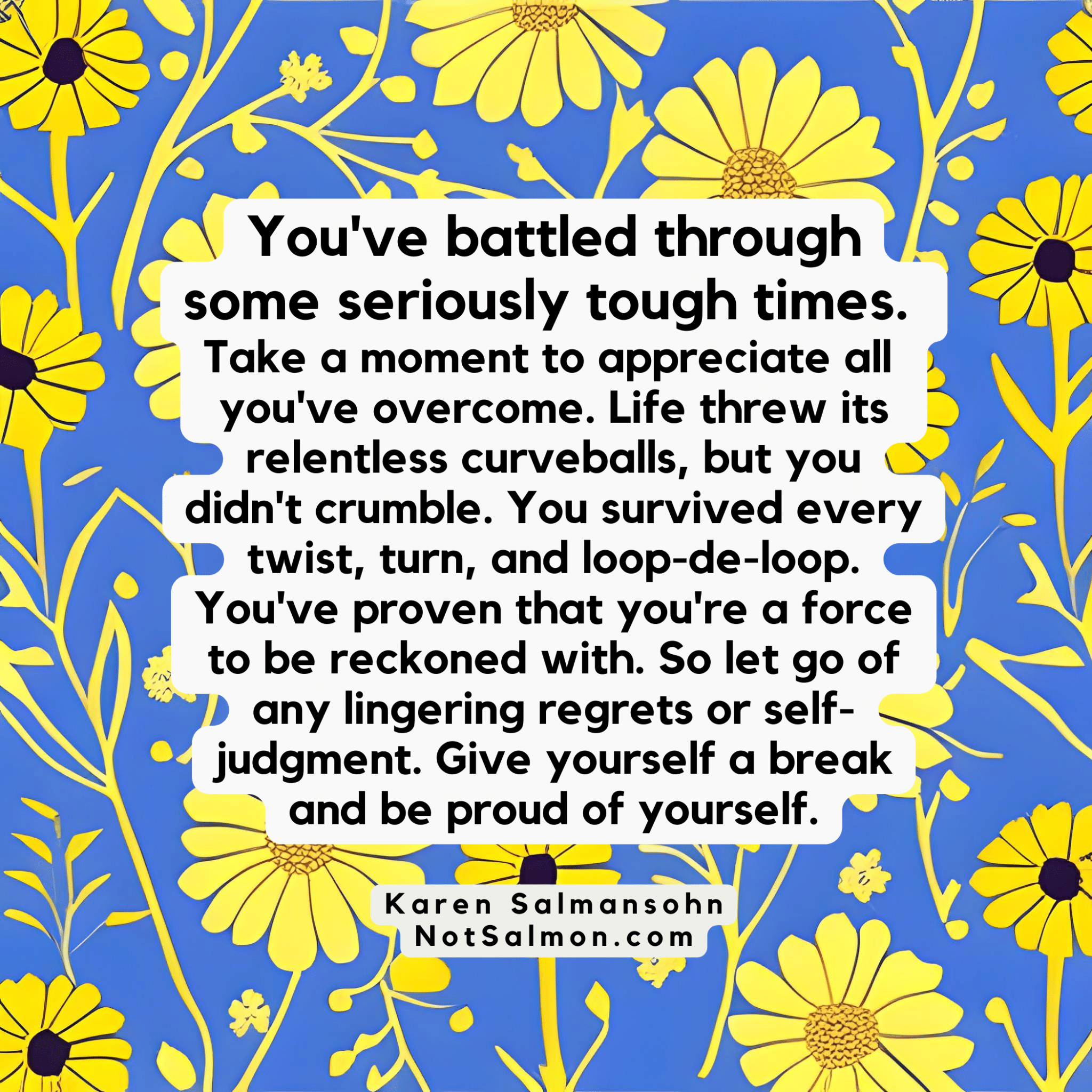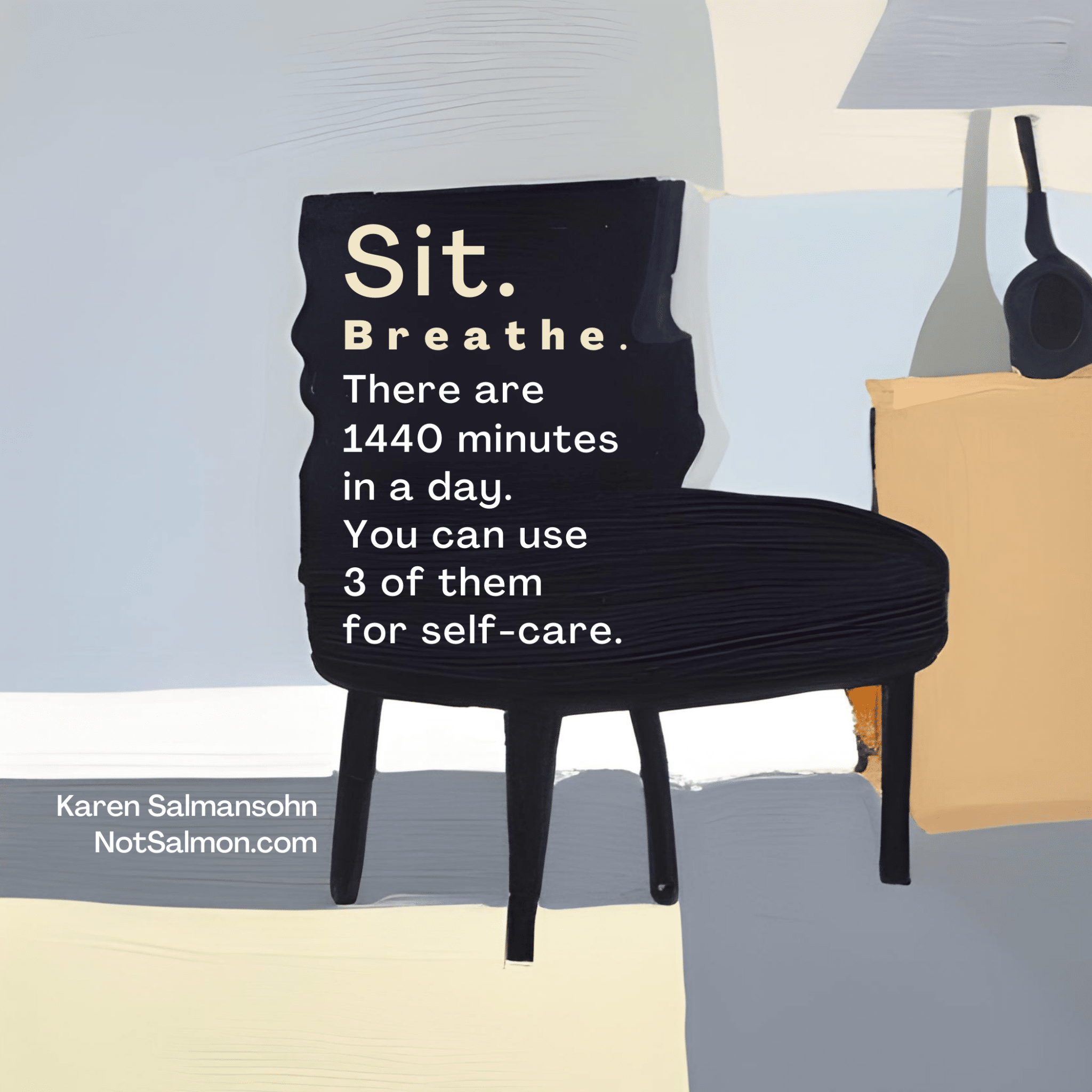
Discover the link between emotional suppression and why you feel lost and unhappy. Learn the steps towards a happier, more authentic self.
Do you sometimes feel like there’s this cloud of unhappiness hanging over you and you don’t know why?
Maybe you’ve been wrestling with this gnawing sense of emptiness, this feeling of being lost, and you’re not quite sure how to put your finger on it.
More often than not, the source of your unhappiness is hidden in the emotions that you’ve been trying to hide.
Basically, you’ve grown really good at something that’s not so great for you….
“Emotional Suppression”
Meaning?
- You’ve been expertly sweeping your uncomfortable feelings under the rug, pretending they don’t exist.
The outcome?
- You are feeling unmotivated, unhappy, and like you’ve lost your spark.
But no worries. I’m here to help.
I’ve spent a good chunk of my life – over two decades – delving into this subject. I’m a bestselling author on behavioral change with over 2 million books and courses sold.
In fact, I’ve shared a lot about emotional suppression in my therapist recommended online courses: The Anxiety Cure and Develop Stronger Intuition.
But I wanted to take things a step further – and share some insights right here on my blog – so I can help as many people as possible to feel a little less lost and a bit more hopeful.
So let’s jump in, and learn more about emotional suppression and how you can break free from its grip.
What is Emotional Suppression?
 Emotional suppression, in its simplest form, refers to the conscious or unconscious avoidance or stifling of our feelings.
Emotional suppression, in its simplest form, refers to the conscious or unconscious avoidance or stifling of our feelings.
It’s a mental coping strategy many people use when experiencing unpleasant emotions such as anger, fear, or sadness.
Over time, it can become a habitual response, a go-to mechanism whenever we face distressing emotions, leading to an internal disconnection from our emotional world.
This disconnection isn’t as benign as it may seem. It exacts a toll on our mental and physical wellbeing.
- It’s like putting a lid on a boiling pot – the heat (emotional intensity) doesn’t disappear.
- Instead, it builds up, often leading to an inevitable, and often messy, overflow.
While emotional suppression might temporarily shield us from emotional discomfort, it’s an unhealthy choice in the longterm.
Suppressed emotions can lead to increased stress, depression and even addiction. (For example, it’s why I became an emotional eater.)
Plus suppressed emotions can also negatively impact our relationships, stifle personal growth, and even manifest as physical health issues.
Emotional suppression is a silent epidemic, subtly undermining our wellbeing.
Understanding and addressing emotional suppression is vital for our emotional health and overall happiness. To do so, we need to explore its origins, which often trace back to our childhood experiences.
Why Emotional Suppression Happens
Now, you might be wondering – why does this happen? Well, a lot of it goes back to your childhood.
Kids learn a lot about how to behave and communicate from their parents or whoever raises them.
If your folks often shared their feelings, asked you how stuff made you feel, didn’t judge you for feeling a certain way, and treated your emotions as normal – chances are, you’re pretty comfortable expressing your emotions now. It also means you had what’s called “A Secure Attachment Style.”
But if you’re an adult who feels detached or out of touch with your emotions, chances are, you grew up with what’s called “An Insecure Attachment Style.”
Meaning?
- Maybe your parents hardly ever showed their feelings or talked vulnerably and openly with you about tough things.
- Or maybe they made you feel bad for showing your feelings – perhaps even punishing you.
- Maybe they dismissed your feelings or told you that you were wrong to feel the way you did.
If expressing your feelings as a kid usually ended up being a hurtful experience, it’s no surprise you decided it was safer to just not go there. So as an adult, you might keep burying your intense emotions – without even knowing you’re doing it. And even the emotions you do notice, you might push aside.
Spotting Emotional Suppression of Your Feelings
People who regularly suppress their emotions might find it tough to identify and understand what they’re feeling. This not only makes it tricky to express your emotions, but it also blinds you to realizing when certain things in your life are not really working for you.
Maybe you:
- Often feel like you’re just going through the motions or feeling blank
- Feel anxious, down, or stressed frequently, even though you can’t pinpoint why
- Tend to be forgetful
- Feel uncomfortable or awkward when others share their feelings with you
- Always seem to be happy and relaxed because you don’t let your mind dwell on anything substantial or disturbing
- Get upset or annoyed when someone inquires about your feelings
Spotting Emotional Suppression in Your Behavior
When you suppress your emotions, you can wind up behaving differently – and reacting differently to others.
For example, your emotions can pile up until they burst forth, sometimes sparked by tiny things. This can cause hiccups in your relationships.
Suppressing your emotions can hamper your ability to:
- Speak up about things that are important to you
- Form close relationships
- Grasp how others are feeling
- Pat yourself on the back
You might also find that you:
- Tend to go with the flow instead of expressing your true wants and needs
- Resort to things like food, shopping TV, or social media to distract yourself
- Develop an addiction to food, alcohol, drugs etc – to evade feelings you’d rather not deal with
- Display passive-aggressive behaviors when faced with upsetting situations
- Are seen by others as “easy-going” or “laid-back” because you don’t like to speak up and risk making waves
What Can You Do About Suppressing Your Feelings?
So, now let’s turn our attention to the insights offered by Dr. Gabor Maté, Dr. Nadine Burke Harris, and Dr. Susan David – leading voices who have significantly contributed to our understanding of emotional suppression and its effects.
These experts not only illuminate the childhood roots of this issue. They’ve got some great advice on how to handle our uncomfortable feelings in a healthier way.
1. Gabor Maté: Understanding Childhood Emotional Suppression
Dr. Gabor Maté (a leading voice in mental health, addiction, and childhood development) writes a lot about emotional suppression.
His terrific book, “In The Realm of Hungry Ghosts: Close Encounters with Addiction,” serves as a landmark exploration of how emotional suppression often finds its roots in our earliest years.
 Maté explains how children in emotionally challenging environments often turn to emotional suppression.
Maté explains how children in emotionally challenging environments often turn to emotional suppression.
Basically, when exposed to a challenging childhood environment, it’s very common for children to learn to stifle their authentic feelings to avoid further pain or rejection.
Unfortunately, this is a temporary solution with long-term dangers, often leading to a lifetime of emotional and physical unhealthy results.
But Maté doesn’t stop there. His more recent book, “The Myth of Normal: Illness and Health in an Insane Culture,” takes a deep dive into the societal constructs that contribute to the prevalence of emotional suppression.
This insightful new book pulls back the curtain on societal pressures that subtly, yet powerfully, steer us away from emotional authenticity – being our true selves.
He argues that these societal norms wind up creating feelings of disconnection and unhappiness, solidifying emotional suppression as a societal issue – as much as an individual one.
2. Nadine Burke Harris: The Domino Effect of Childhood Emotional Suppression on Adult Health
Dr. Nadine Burke Harris, another significant contributor in the field of childhood adversity and its effects on adult health, extends this dialogue in her groundbreaking book “The Deepest Well: Healing the Long-Term Effects of Childhood Adversity.”
Harris further validates Maté’s theories. She hones in on the role of adverse childhood experiences (ACEs). And she shares how “emotional suppression” is a significant problem for a lot of people – harming adult emotional health – and our physical health too.
She emphasizes how our childhood emotional world doesn’t just vanish!
It leaves imprints on our physical and emotional wellbeing as we grow.
In essence, the silent shadow of emotional suppression in our childhood can wind up growing into a formidable enemy in our adulthood, contributing to emotional struggles and health issues.
3. Susan David: Pioneering Emotional Agility as an Antidote to Suppression
Dr. Susan David, a celebrated psychologist and author, brings another perspective to this vital conversation around emotional suppression.
Her notable book “Emotional Agility” champions the urgent need to confront and navigate our emotions, rather than suppress them.
 David emphasizes an approach of curiosity and acceptance toward our feelings, encouraging a departure from the traditional view that negative emotions are enemies to be fought.
David emphasizes an approach of curiosity and acceptance toward our feelings, encouraging a departure from the traditional view that negative emotions are enemies to be fought.
Instead, she promotes the idea of emotional courage – facing our feelings, even when they’re uncomfortable or painful.
She urges readers to challenge societal norms which promote emotional suppression.
And she encourages readers to instead embrace emotional agility as a healthier, more fulfilling approach to life.
She defines “emotional agility” as the ability to navigate life’s twists and turns with self-acceptance, clear-sightedness, and an open mind.
Basically, “emotional agility” means that you try your best to be aware and accepting of all your emotions – and that you try to make decisions that align with your true self and your core values.
People with “emotional agility” do their best to welcome “emotional expression” – rather than shunning it as a sign of weakness.
Dr. Susan David recommends learning how to be more emotional agile – so you can bravely overcome suppression – and lead a healthier, happier life.
3 Ways Emotional Suppression Makes You Feel Lost And Unhappy
 1. Societal Conditioning
1. Societal Conditioning
Unfortunately, society subtly imposes “rules” around emotional expression.
We learn early that certain emotions, like anger or sadness, are less acceptable to express.
Over time, this conditioning pushes us to suppress these “unwanted” emotions, leading to a persistent sense of discontent and unhappiness.
2. The Emotional Domino Effect
As those authors (Maté, Harris and David) each explain, suppressing emotions doesn’t make them disappear.
Instead, these emotions find alternate avenues of expression, often in the form of feelings of being lost or unhappy – and experiencing chronic stress, depression, anxiety, and even addictive behaviors.
Plus, as mentioned above, many people also experience physical symptoms or health issues due to suppressed emotions.
3. The Irony of Emotional Suppression: Losing Yourself to Fit In
In trying to fit into societal expectations, we often disconnect from our true selves.
We ignore our emotional needs, not realizing that in this quest to “fit in,” we’re becoming more lost and disconnected from our authentic selves.
8 Ways To Break Free from Emotional Suppression (So You Feel Less Lost and Unhappy)
 1. Acknowledge The Issue: The First Step Towards Healing
1. Acknowledge The Issue: The First Step Towards Healing
Acknowledging past hurts and suppressed emotions is the first crucial step in healing.
This process might be challenging, but it’s also empowering.
You must take the time to revisit the pain of your past, and find the meaning, purpose and growth in your painful experiences.
Remember, acknowledging your feelings doesn’t mean you’re weak.
It means you’re courageous.
2. Challenge the Norm: A Call for Emotional Rebellion
Maté’s “The Myth of Normal” inspires us to question societal norms around emotional expression.
You need to bluntly ask yourself:
- Is conformity worth sacrificing your emotional health?
With this in mind, you need to redefine “normal” to include emotional self expression and authenticity.
And you need to recognize that when you do – you’re embracing powerful acts of self-care and self-respect.
3. Embrace Emotional Agility
David’s concept of “emotional agility” encourages us to express our feelings freely and navigate them effectively.
This approach involves you to….
- Recognize, accept, and express your true emotions.
- View your emotions not as obstacles, but rather as integral parts of being human.
- Recognize that the more you are your most authentic you, the better you will be understood by other humans, and thereby the less alone and lost you will feel in this world.



 Emotional suppression, in its simplest form, refers to the conscious or unconscious avoidance or stifling of our feelings.
Emotional suppression, in its simplest form, refers to the conscious or unconscious avoidance or stifling of our feelings. Maté explains how children in emotionally challenging environments often turn to emotional suppression.
Maté explains how children in emotionally challenging environments often turn to emotional suppression. David emphasizes an approach of curiosity and acceptance toward our feelings, encouraging a departure from the traditional view that negative emotions are enemies to be fought.
David emphasizes an approach of curiosity and acceptance toward our feelings, encouraging a departure from the traditional view that negative emotions are enemies to be fought. 1. Societal Conditioning
1. Societal Conditioning 1. Acknowledge The Issue: The First Step Towards Healing
1. Acknowledge The Issue: The First Step Towards Healing